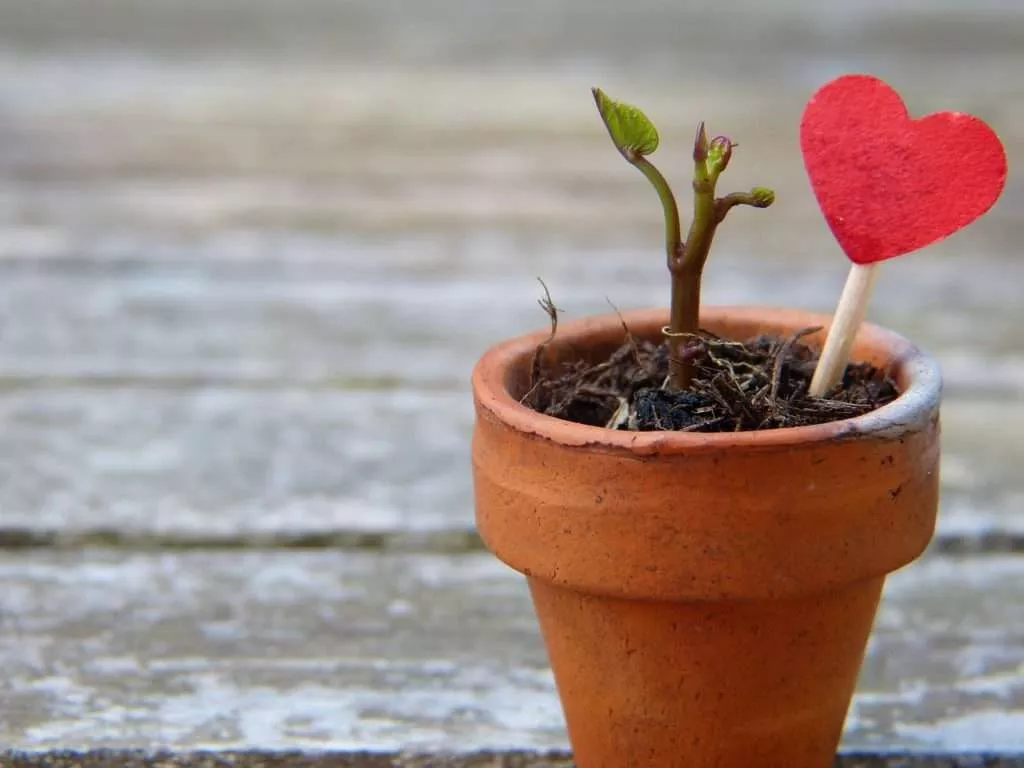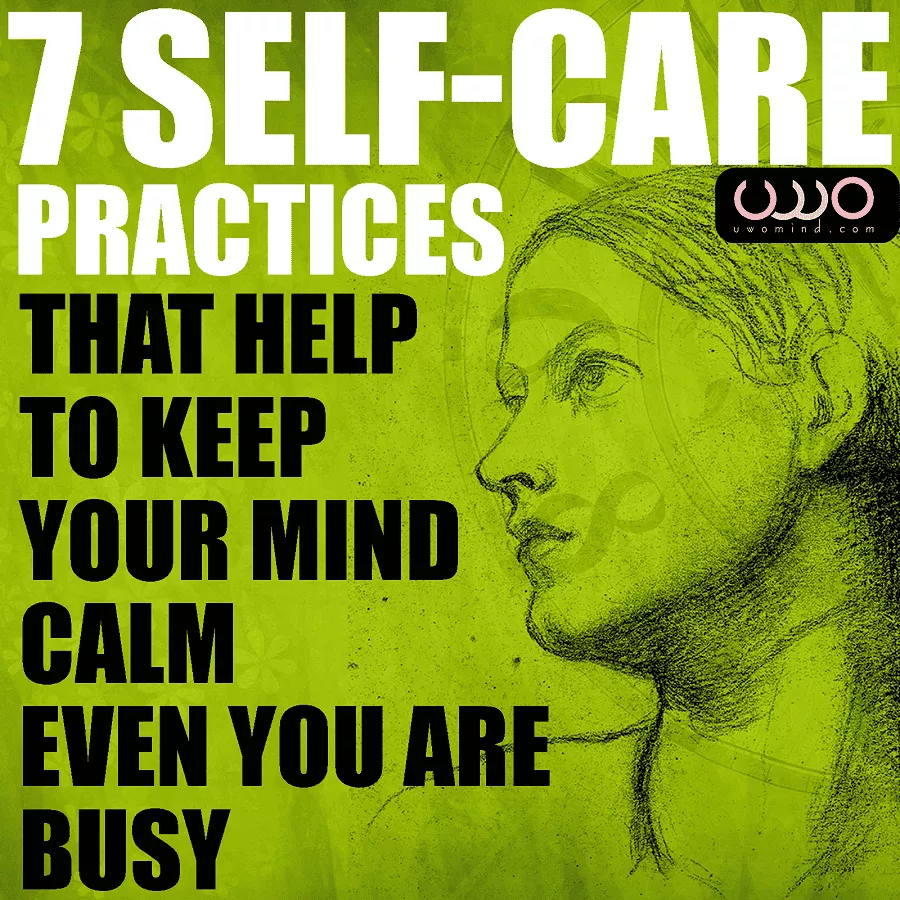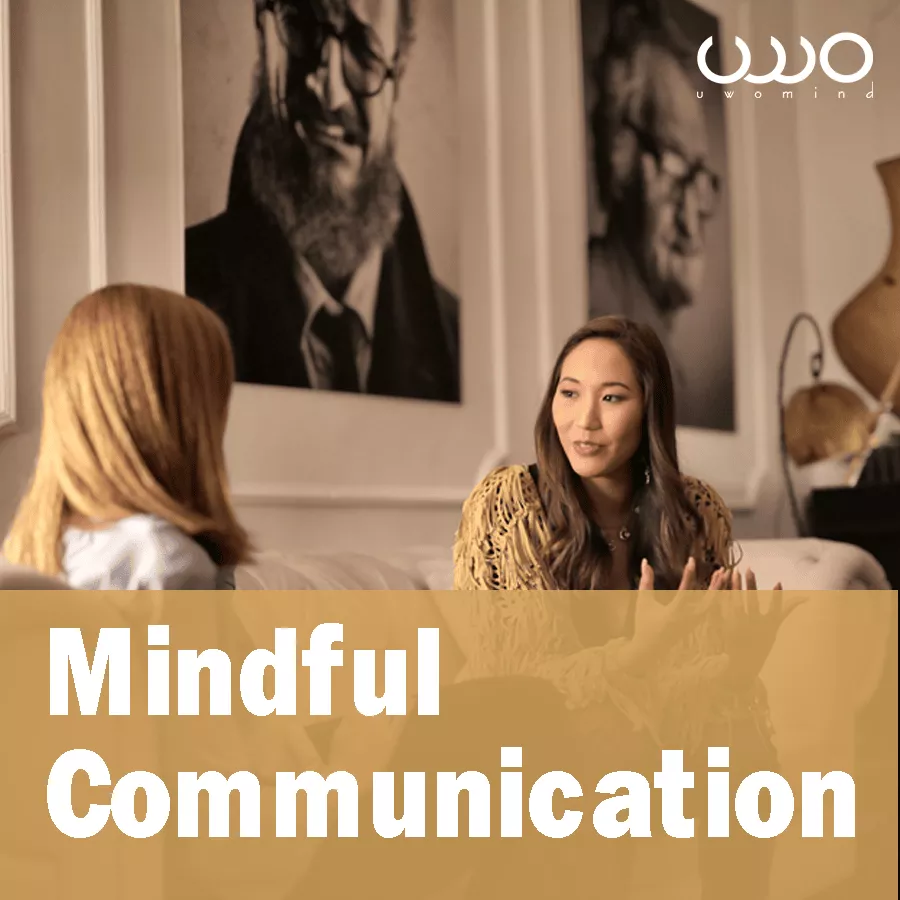9 Bad Relationship Habits That You Must Avoid For a Lasting Relationship

Mutual respect, open communication, and trust are the foundation of a successful partnership. However, bad habits that can intrude on our daily lives can endanger even the strongest of relationships. A relationship can be severely damaged by these behaviors over time, including poor communication, infidelity, jealousy, dominating behavior, dishonesty, neglect, blaming, lack of effort, and carrying grudges. With this article, we will examine these behaviors and discuss why they are so detrimental to relationships. Understanding these harmful behaviors can help us avoid them in our relationships so that we may create stronger, healthier bonds with our partners.
1. Lack of communication

Good communication is the foundation of any strong relationship, yet it is often the first thing to do when things get tough. Inadequate communication, a lack of active listening, or a failure to share your feelings can lead to misunderstandings and emotional distance between partners. For example, anger and frustration may arise over time if you don’t express your feelings about your partner’s actions.
2. Infidelity

Infidelity is a serious breach of trust and can have long-lasting effects on both partners. These emotions may include hurt, anger, and betrayal. For example, if one partner has an affair, it can shatter the trust that was built over the course of the relationship and make it difficult for the couple to move forward.
3. Jealousy

Jealousy is a common feeling, but when it expresses itself excessively, it can develop problems in a relationship. For example, being too possessive or frequently doubting your partner’s commitment might cause conflicts and foster an adversarial situation. This can also cause your partner to feel suffocated or untrusted, which can lead to them withdrawing from the relationship.
4. Controlling Behavior

Controlling behavior can take many different forms, such as influencing your partner’s clothing choices, social circle, or social activities. Because it interferes with your partner’s autonomy and gives them the impression that they are not appreciated or respected, this kind of behavior is harmful. For example, telling your partner who they can or cannot see is a form of controlling behavior that can hurt the relationship.
5. Dishonesty

Dishonesty can damage trust in a relationship, whether it may be lying about minor things or hiding valuable information. For example, if you lie to your partner about your spending patterns, it may cause them to lose faith in you, which could be damaging to the relationship.
6. Neglect

A relationship might weaken if you ignore your partner’s emotional and physical needs. For example, your partner may begin to feel worthless and unloved if you are constantly too busy to spend quality time with them. Resentment and a decline in intimacy may result from this.
7. Blaming

Continuously blaming your partner for faults or failings in the connection will foster anger and unfavorable emotions. For example, blaming your partner for everything that goes wrong in the relationship, even when it’s not their fault, can cause them to feel like they are not appreciated or valued.
8. Lack of Effort

Relationships need effort from both partners, and failing to put in the effort can result in isolating from and dissatisfying a partner. For example, by forgoing date nights or weekend outings, you could give your partner the impression that you are uninterested in the relationship.
9. Grudges

Keeping grudges and refusing to forgive can harm a relationship and limit development and healing. For example, if you maintain a grudge toward your spouse because of something they did in the past, it may lead to conflict and keep you from moving on as a couple.
In conclusion, it takes effort and self-awareness from both partners to establish a wholesome and long-lasting relationship. We may create a healthy and encouraging environment in our relationships by becoming aware of and avoiding negative behaviors including lack of communication, infidelity, jealousy, controlling behavior, dishonesty, neglect, blaming, lack of effort, and harboring grudges. It’s important to keep in mind that relationships are a journey with hurdles along the way. We may, however, overcome these challenges and forge enduring, rewarding relationships with our partners by resolving to open communication, mutual respect, and effort.
Related Article – The Power of Positive Thinking: 13 steps to Overcoming Negative Thoughts





